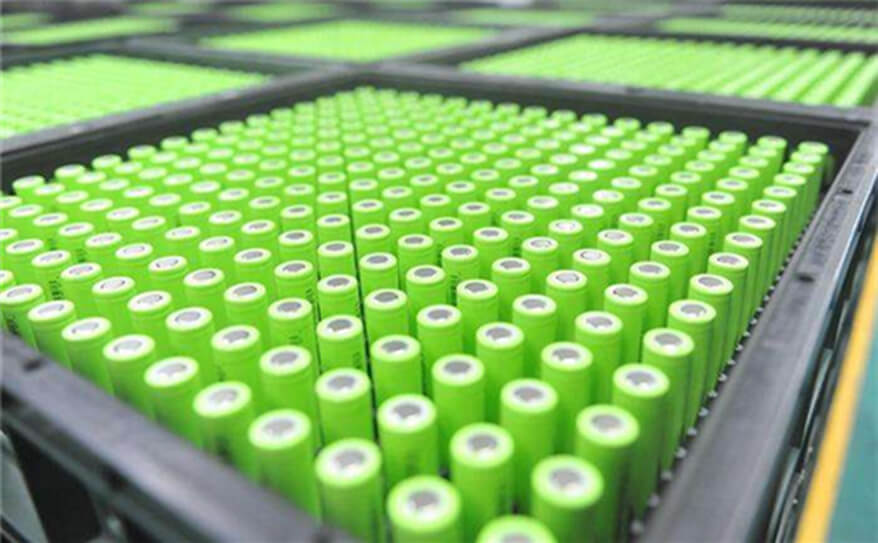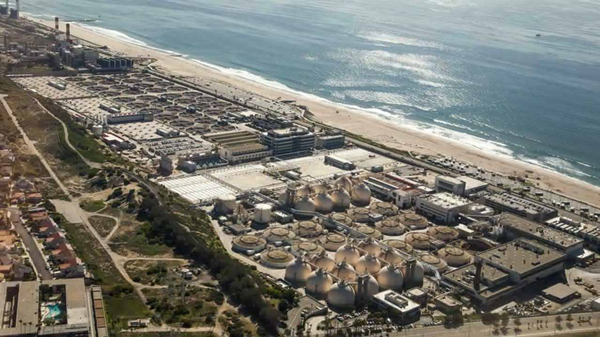Lithium Iron Phosphate VS Lithium-ion Batteries-Applications and Cost Performance
Feb 28, 2020 Pageview:859
In the world of portable electronics, one of the most looked at factors when consumers are buying a new gadget is battery life. People want smartphones and laptops that have longer battery lives to enable them to work on the go for a couple of hours before plugging in. The same applies to other portable electronics like e-bikes, robotic cleaners, robotic lawnmowers, and even e-vehicles. This has created the need for research regarding the best battery technology that can meet the needs of daily users. In our market today, the two dominant rechargeable battery technologies are both in the Lithium battery family that is; Lithium iron phosphate and Lithium-ion batteries.
Is lithium iron phosphate the same as a lithium-ion battery?
Lithium-ion and Lithium iron phosphate batteries have a couple of similarities, but they also have fundamental differences in terms of their chemistry, cost, performance, and durability. So basically, the two battery technologies are not the same, although they have some similarities since they are both in the Lithium battery family. Let’s look at the similarities and differences between these two batteries
Similarities
They are both rechargeable batteries typically used in portable electronics
As far as internal chemistry is concerned, they both use a graphite anode in their cells
They both degrade over time and with usage
Differences
On the side of internal chemistry, Lithium-ion batteries use lithium manganese oxide or lithium cobalt dioxide for the cathode whereas Lithium iron phosphate batteries use iron phosphate as the cathode
Lithium-ion batteries have a relatively higher energy density than lithium iron phosphate batteries
Lithium phosphate batteries have way more charge cycles than lithium-ion batteries
Lithium-ion batteries are generally lighter and more portable than lithium iron phosphate batteries
Lithium iron phosphate batteries have more stable internal chemistry and can withstand higher temperatures than Lithium-ion batteries
What are the different applications of lithium iron phosphate and lithium-ion batteries?
These two battery technologies are both used in portable electronics. But the choice of which one to use will always depend on the differences they have like; portability, durability, safety, etc. So the decision of the two technologies depends on the target device. The manufacturer can choose any of the two depending on what they prioritize in that particular device. Let's look at the common devices and applications of each of the two battery technologies
Devices that use Lithium-ion batteries include;
Smartphones and tablets mainly because of portability
Power banks that are used to charge other gadgets
Wireless headphones and earphones
Laptops
Robotic glass cleaners
Smartwatches, etc.
Devices that use Lithium iron phosphate batteries include;
Electric bikes
UPS for power backup
Electric vehicles
Robotic lawnmowers, etc.
Some devices can be designed to use any of the two battery technologies. For instance, some home robotic devices and e-bikes can use any of the two technologies depending on what the manufacturer chooses. Lithium iron phosphate batteries are used primarily in applications where longevity and safety are the priorities. That can be visible if you look at the devices we mentioned above that use these batteries. On the other hand, Lithium-ion batteries are preferred in situations where portability and high energy density are the priority. Another factor that may influence the choice of battery technology to use are the environmental conditions under which the device is to be used. If you expect large variation in environmental temperatures, lithium iron phosphate batteries will be a better choice.
How is the cost and performance of lithium iron phosphate and lithium-ion battery?
When we compare the cost of each of the two batteries and performance over time, Lithium iron phosphate batteries will have an edge over Lithium-ion batteries. Lithium Iron phosphate batteries are cheaper in the long run due to their durability and more charge cycles that they can withstand. And also, in situations where the batteries have to be used under high temperatures, a lithium phosphate battery will generally give better performance than the lithium-ion. Lithium iron phosphate batteries are also safer in such scenarios. It's for this reason why Lithium-ion batteries are not safe to use in temperatures beyond the 55oC. Lithium iron phosphate batteries can tolerate a high discharge rate even at high temperatures more than Lithium-ion batteries. This makes them more suitable in heavy-duty devices like e-vehicles, which may not be the case of Lithium-ion because they give better performance in unfriendly conditions. Lithium-ion is more appropriate and performs better in devices that need more energy density like smartphones.
Conclusion
These two battery technologies are both expected to stay around for quite some time, not until another kind of battery technology for portable devices is innovated. They both have advantages and disadvantages, and it's the reason why they are used for different applications. Situations that call for portability, a lithium-ion battery, will always be preferred thanks to their high energy density that makes them weigh less with more energy. On the other hand, in cases where safety and longevity are the priority, manufacturers will always prefer Lithium iron phosphate batteries. That's why its hard for one to replace the other because they are used in different applications due to their fundamental differences.
As a manufacturer of portable electronic devices, when you are considering which of the two battery technologies to choose. The most important thing will be looking at are use cases of the devices and the environmental conditions under which the device will be used. From there, you will be able to choose whether to use Lithium iron phosphate or Lithium-ion easily.
- Prev Article: Do Cell Phones Use Lithium Batteries-Energy Content And Types?
- Next Article: How to Dispose of Lithium Ion Cell Phone Batteries
Leave Message
Hottest Categories
-
Hottest Industry News
-
Latest Industry News














